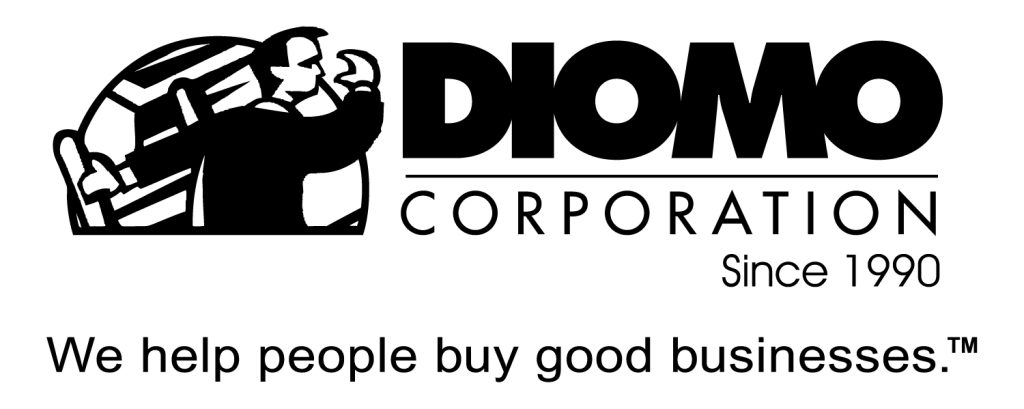Question:
I own a small, profitable printing business that has provided a nice income for me for the past 6 years, but the business is now at a point where revenue and earnings have plateaued and can’?t be grown much further without a significant additional investment. I can afford to make that investment, but I?’ve also become very interested in buying another business in a different field. If I did so I could hire a manager to run the print shop, but I am concerned that by trying to run two businesses at the same time I would end up not devoting enough time to either one. On the other hand, keeping the printing business would allow me to have a nice income while I?’m trying to build up the other business. Would you recommend trying to run two businesses at once, or sticking with what?’s worked and investing in growing the printing business further? Or, should I sell that business and move on to the next? Thanks in advance for you help.
Answer:
Great question! I admire the fact that you have logically concluded that your current business has reached its plateau without making a significant investment. Many business owners are not as perceptive as you and simply trudge along in the world of mediocrity. That is not what a true entrepreneur does; they’?re always looking to build something bigger, better, and faster.
That being said, there is a lot to consider. Let’?s look at all of the options you noted, then I have one suggestion for you:
Making the Investment in Your Current Business
Practically speaking, this may be the best option for you since all of the unknowns that come into play when buying a new business are eliminated. You already know this business and the industry. You know what it will take investment-wise to get the business back on growth mode. However, it seems to me that you may simply be bored with the current business and need something new to dive into. There?’s nothing wrong with that. I would, however, suggest that you go through the exercise of detailing how much you would need to invest financially and time-wise to build this business, and what you expect it to generate. Keep that figure in mind.
Buying a Business in Another Field
Personally, I?m not a big fan of this idea unless you sell your existing business and can focus all of your efforts on this new (ad)venture.
A new business, especially in a new industry, will require all of your time initially and so you want to able to focus completely on growing it.
Also, keep in mind that, above all, you must buy a business that is right for you. The phrase I use over and over again is: ?whatever it is that you do best must be the single most important driving factor of any business you consider purchasing.?
Hiring a Manager
It all depends upon who you hire. Naturally, if there is someone currently in your firm that can step up to the manager?s position, that would be ideal. You should consider engaging this person and remaining on site full-time for at least three months to evaluate their progress. If you hire an outsider, you’?ll have to remain on board for even longer. It is entirely possible that your first hire may not be right and you’?ll have to start again. If you?re off running another business you’?ll end up having problems in two places. Plus, if you?re not on top of a new manager?s performance, things can spiral downward very quickly.
Don?t get me wrong, I?m a huge fan of being able to bring in top people to grow a business. However, the people need to be right for the job. They need to have a big incentive to succeed. You need to be on top of the situation and prepared to remove and replace them if they do not produce results.
Selling the Business
Of course this is always an option. Naturally, this brings with it a set of challenges. Most importantly: how are you going to present a compelling case for the future growth of the current business model to any buyer? While business buyers will often target growth as a key factor for them, many want to make certain first and foremost that the existing model is sustainable. Plus, you need to take the necessary time to properly prepare your business for sale and the process will generally be around six months to a year. During that time it is critical that the business does not decline or selling it will be far more difficult.
Another Option to Consider
As I look back to the ten businesses I have owned, I can identify the one strategy that has produced meteoric results as easily as I can identify which acquisitions were disastrous or way below my expectations. Whenever I acquired a synergistic business, the results were phenomenal. When I got into something completely new while still owning the other entities, it was a mess. The lesson here, at least in my case, which I would counsel you is to
consider seeking out a strategic acquisition that can dovetail with or be folded into your existing business.
Ideally, this would be an additional product/service that can be marketed to your existing client base, or a technology application that could be sold within your industry.
I simply believe (and this is just my opinion) that
growing a business from an already successful foundation is a huge advantage.
Have you thought about acquiring a competitor? Or making an acquisition of a complimentary business? If you’?re looking to revitalize your business and maybe even yourself, this can be a very viable option.

